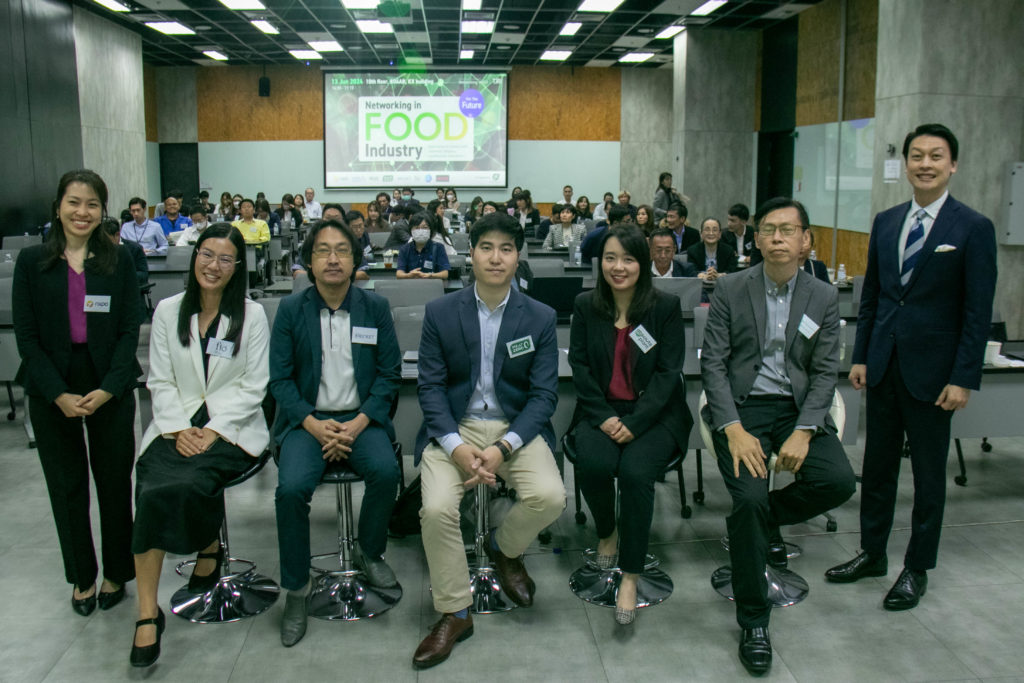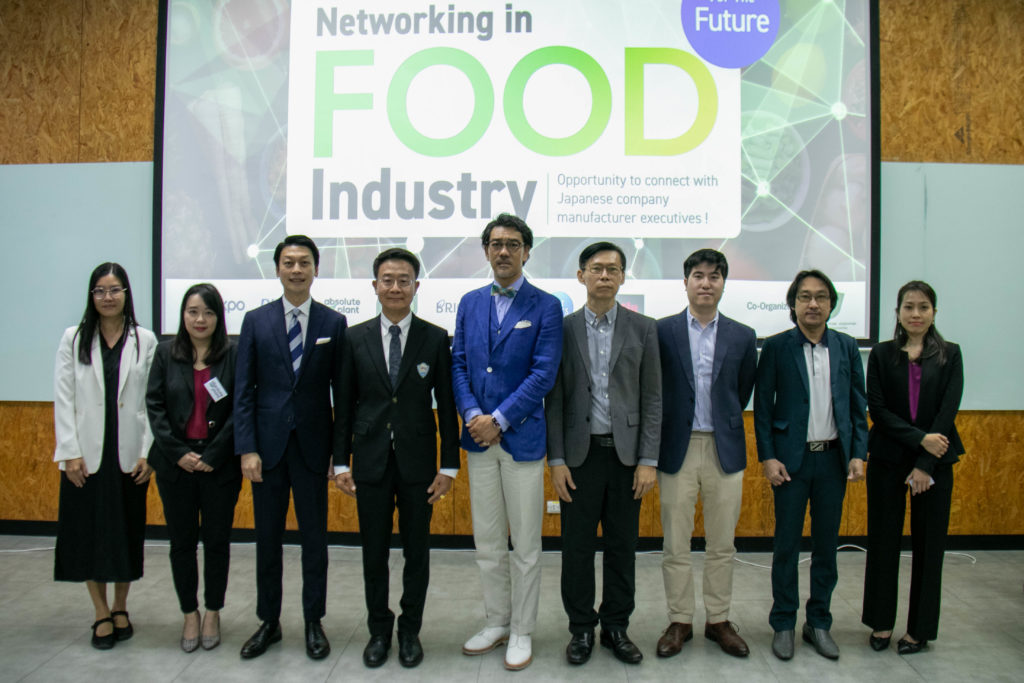
Ms. Sirinya Lim, Senior Director of Innovation Economic Policy Division at NXPO recently delivered a presentation on the future food industry in Thailand and its global trends at the TJRI Business Networking (Future Food) event. Hosted by the Thai – Japanese Investment Research Institute (TJRI) in partnership with the Thai Future Food Trade Association, the event tool place on 13 June 2024 at KX Building in Bangkok.
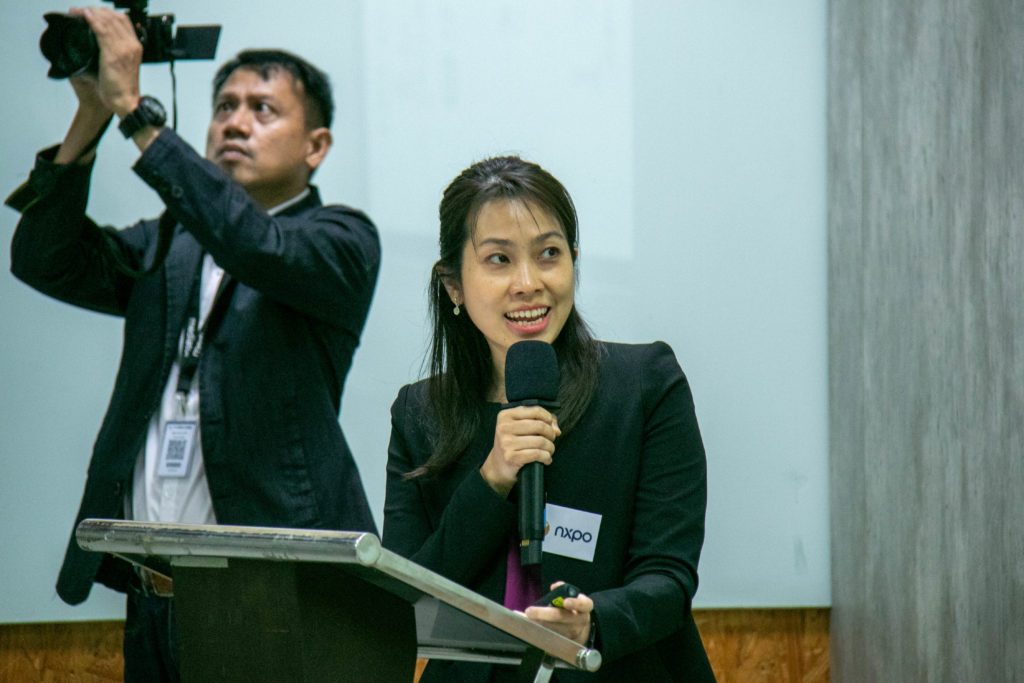
During her presention, Ms. Sirinya outlined three main drivers of the future food sector in Thailand:
- Aging Society and Healthy Lifestyle Trend: Globally, future food accounts for 10% of the overall food market, with 57% of consumers leaning towards healthy food. As the world’s 14th top food exporter, Thailand has significant potential to expand its food industry to meet the high demands for future food products.
- Food Security and Climate Change: Future food can contribute to Thailand’s efforts to achieve net-zero greenhouse gas emissions by 2065.
- Deep-Tech Startups: Future food development, especially in alternative proteins such as edible insects and plant-based meats, relies heavily on technology and innovation. Alternative proteins have an export value of THB 6.5 billion and a domestic market value of THB 43.5 billion, with an 8% annual growth rate.
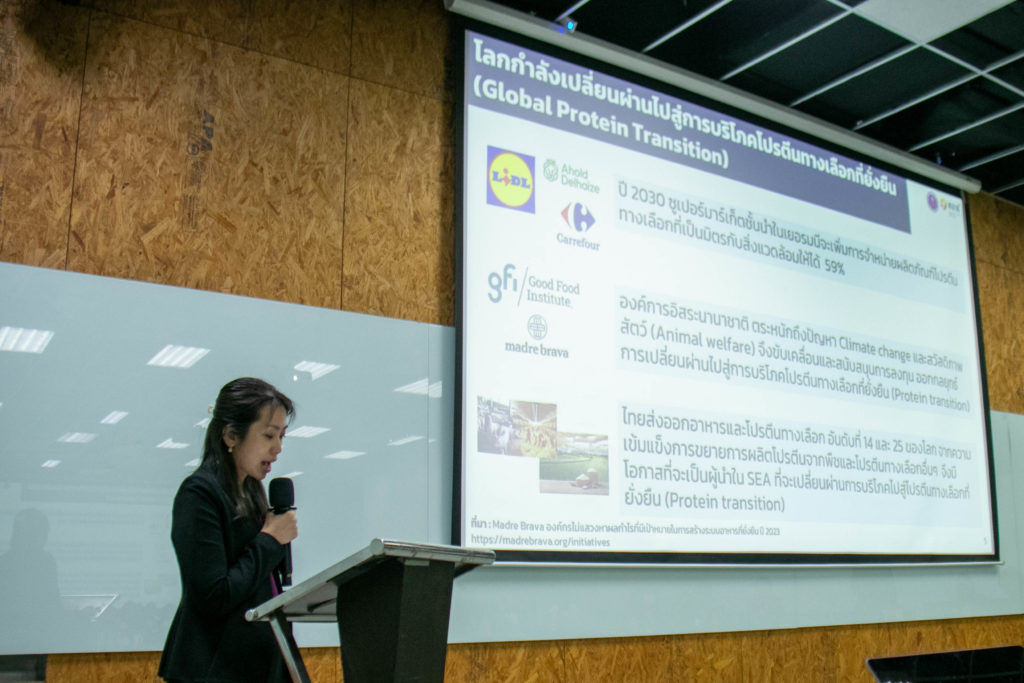
Ms. Sirinya also discussed the results of a study conducted by Madre Brava in 2023, indicating that 67% of Thai respondents want to reduce meat consumption for health, environmental, and animal welfare reasons. For alternative proteins to be more widely adopted, they must become more affordable and accessible. The study shows that plant-based proteins present significant business opportunities for Thailand’s food industry. Given that the agricultural sector is one of the largest sources of greenhouse gas emission, Thailand’s food exporter must adapt to climate-driven trade measures. The food industry must adopt a forward-looking vision by investing in research, supporting sustainable agriculture, and assisting small-scale farmers through this transition.
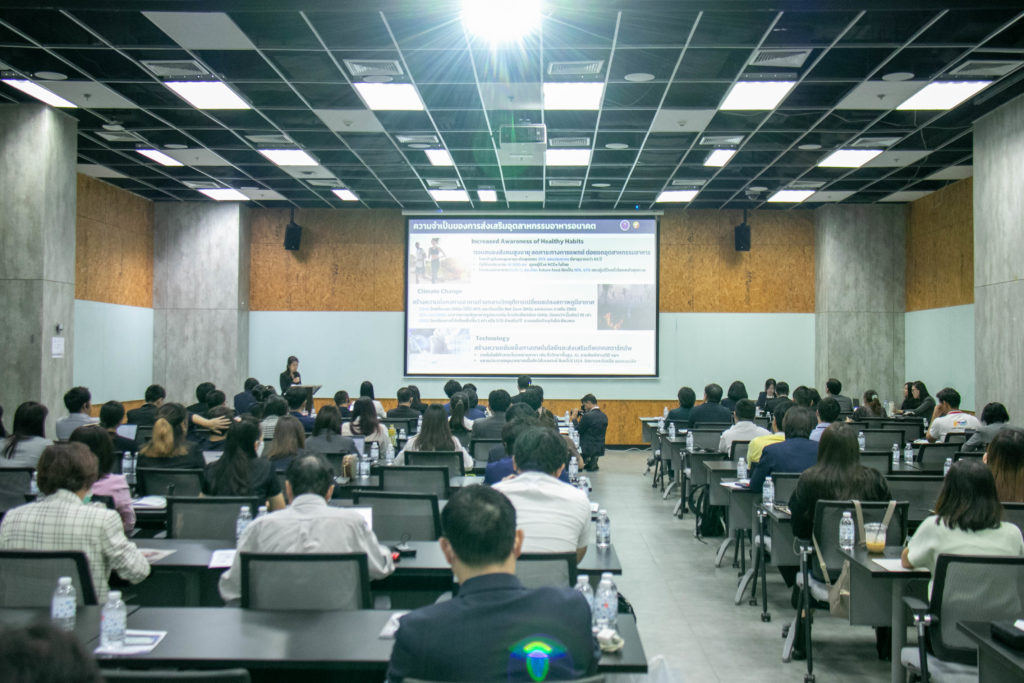
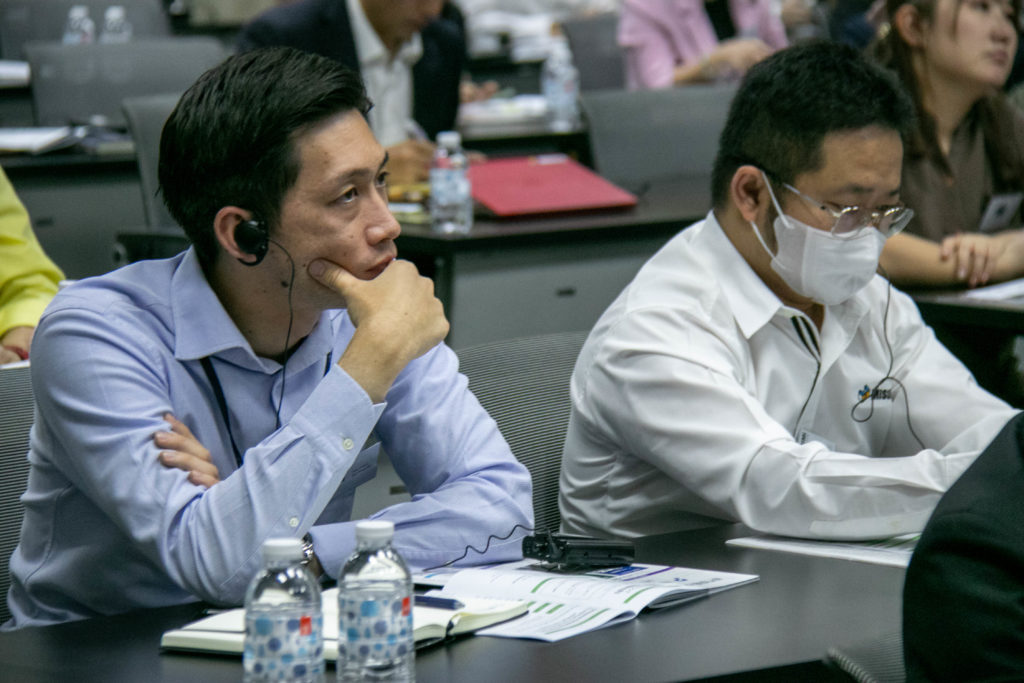
According to Ms. Sirinya, Thailand’s strategic framework for the future food industry consists of three components:
- Leveraging the future food industry by attracting domestic and international investments in midstream production, promoting producer companies, and supporting primary processing and quality control.
- Advancing research and development (R&D) by establishing comprehensive R&D for future food, fostering future food startups, and developing a workforce to meet industry needs.
- Developing domestic and international future food markets through activities such as the Vegetarian Festival, which in 2023 attracted 42,026 tourists and generated over THB 44.5 billion in revenue.
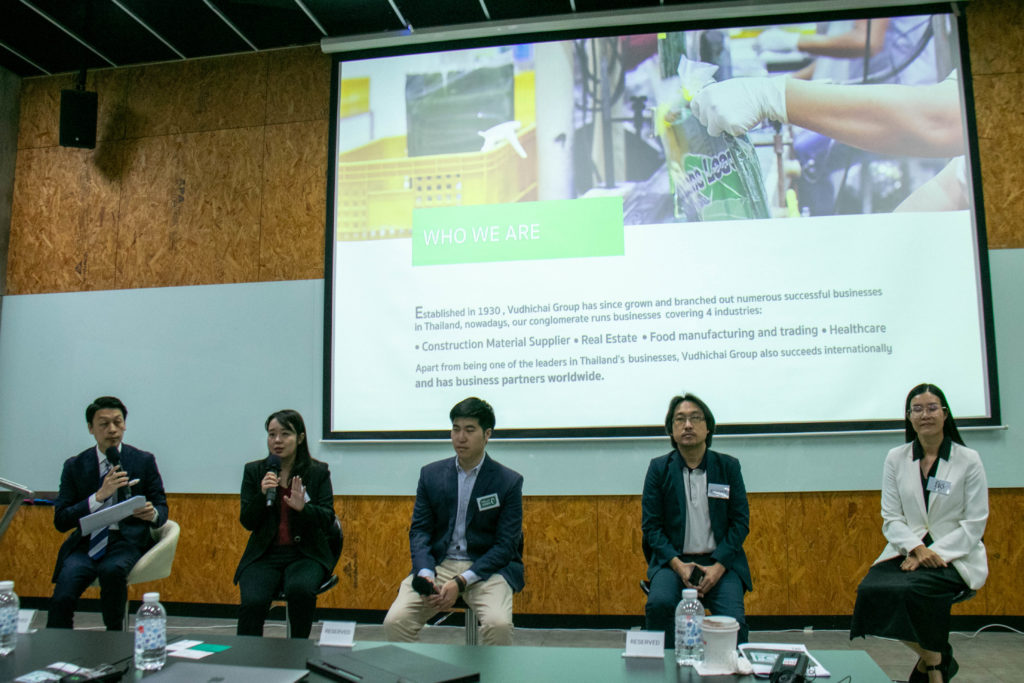
The forum also featured presentations on topics such as regulations for exporting alternative proteins to Japan, health food trends in Japan, Japanese consumer perspectives on various alternative proteins, and strategies to connect with Japanese buyers, followed by a panel discussion on potential of Thailand’s future food production for the Japanese market. The event provided a platform for participants to discuss strategies and form collaborations.
